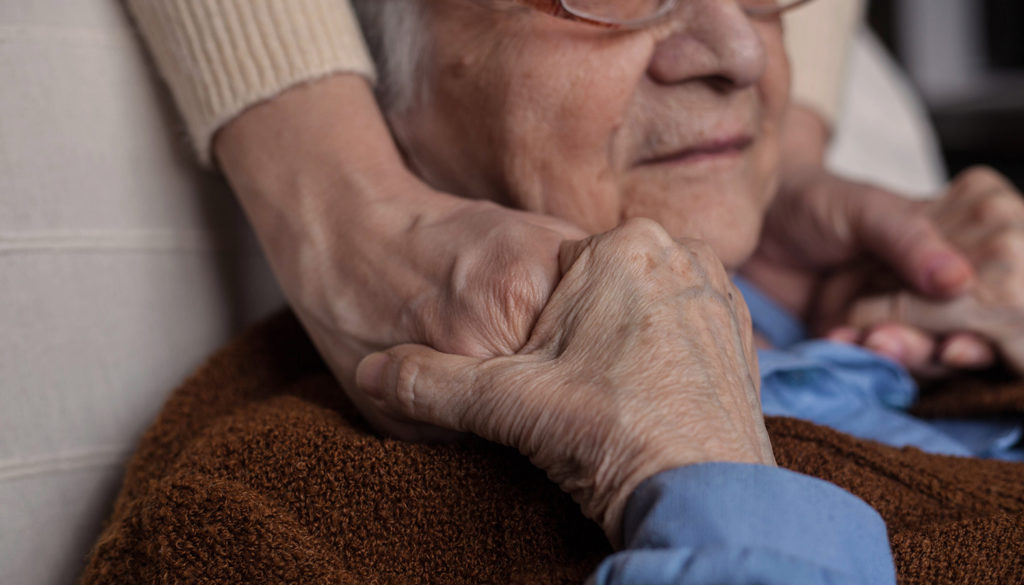My wife is an amazing person. No, she is not standing over my shoulder as I type this.
For more than 10 years she, along with her sister, were the primary caregivers for their mother. Actually, these two only children began their round-the-clock care of their parents further back as they cared for their father in his last days when he suffered a devastating stroke.
The tell-tale signs of dementia were already bubbling to the surface for their mom while her husband languished in a hospital bed. I can recall visiting my father-in-law at the hospital immediately after his stroke and seeing his wife calmly sitting in a chair reading a paper like it was a Sunday afternoon. She would lower the paper, look over at the bed and ask her daughters who that man in the bed was.
They had been married for more than 50 years.
The next instant, she would be weeping deeply in a moment of clarity to the actuality of the situation in that hospital room.
Having my own mother and sister fallen from dementia, I could understand the pain my wife was suffering but I could not alleviate it. That being said, she and her sister were determined to keep their mom safe and cared for within the confines of her own home. The rare moments of clarity became fewer in those first years of care until they vanished altogether. It did not matter to my wife and her sister. They never wavered from the daily tasks they had taken upon themselves.
This herculean task came to an end just before Easter when their mother passed away peacefully in her sleep at the age of 101.
I could see the passing of a 101-year-old woman with little quality of life as a blessing. My wife and her sister only saw their mom … and now she was gone. There would be no more 24/7 care, no more management of her health, and no more opportunities for them to put the hands and heart of God into practical acts of love. They are now dealing with a void that will never be filled completely.
They will have the memories of the fine funeral they gave their mother, though. It was a process made a lot easier in both the spiritual and practical realms with my brother being a bishop. I have always thought funerals are a little harder when the priest does not know the deceased and either makes stuff up or they get the name wrong.
Since my mother-in-law was unable to attend Mass for so many years, she was not really connected to the parish from which her funeral was held. If the process with the parish was more functionary than pastoral, then it was another reason why we have to keep praying for vocations so the priests we have aren’t carrying double and triple the workload.
My wife and her sister patiently and dutifully served their mother’s needs without complaint for over a decade. It was not easy. Their commitment continued after her death as they planned a funeral that would be holy and meaningful in a time of sorrow. My contribution to that process was picking up the phone and calling my brother the bishop and asking for help.
There are a lot of big issues going on in the world and within our culture, and the Church dealing with one kind of crisis or another is par for the course. It is easy to lose our focus and find ourselves in the weeds on ecclesiastical or political issues.
That is when we should recount the little miracles in our lives. I will hold fast to the memory of how faithful and sacrificial my wife’s love for her mother was and what an example she showed to me, our adult children, and our little grandson.
I don’t doubt that God took notice as well.

